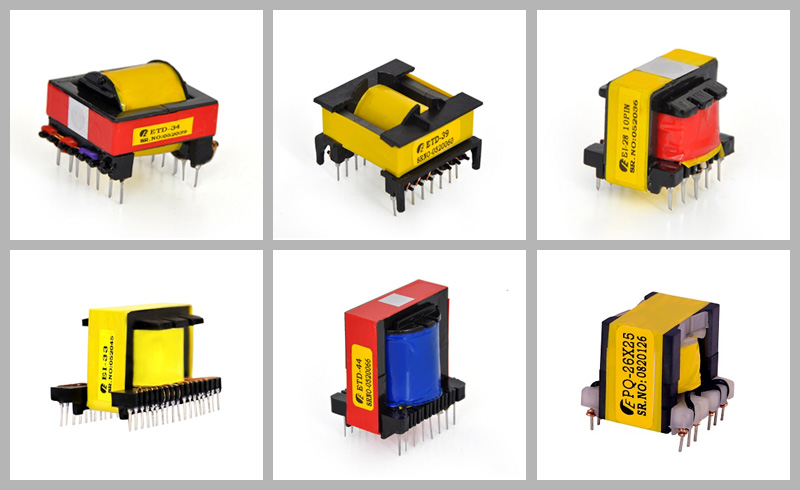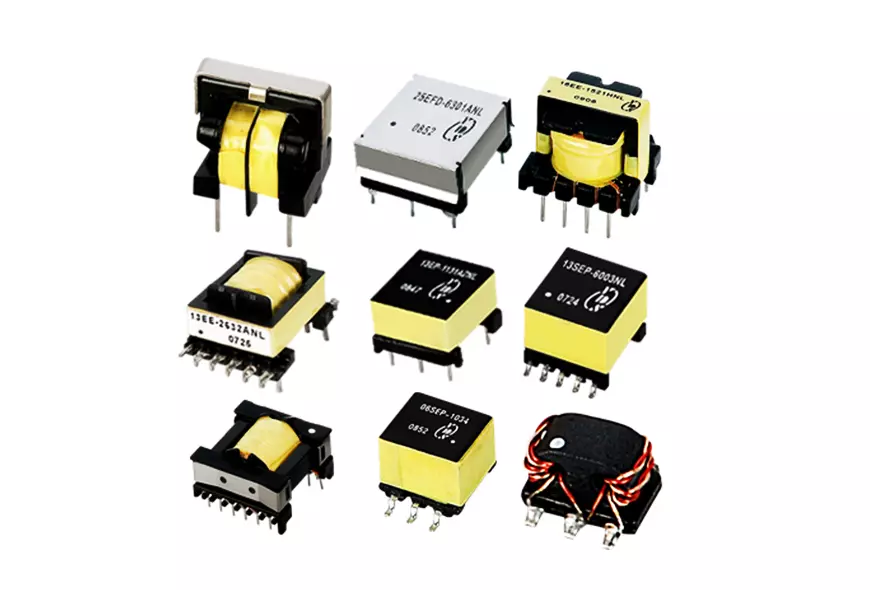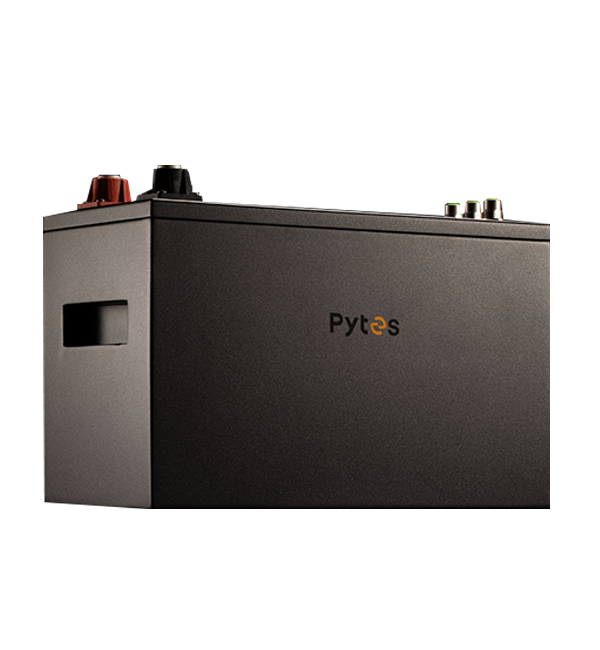Transformers are essential components in the field of electronics, playing a crucial role in various applications. From power transmission to signal processing, transformers enable efficient energy transfer and voltage regulation. In this blog post, we will delve into the diverse applications of transformers in electronics, highlighting their significance and impact on modern technology.
- Power Distribution and Transmission:
One of the primary applications of transformers is in power distribution and transmission systems. Transformers facilitate the efficient transfer of electrical energy from power plants to households and industries. They step-up the voltage for long-distance transmission, minimizing energy losses, and step-down the voltage for safe consumption. Without transformers, the widespread distribution of electricity would be impractical. - Power Supplies:
Transformers are integral components in power supply units, converting high-voltage AC (alternating current) to low-voltage DC (direct current). This conversion is essential for powering electronic devices such as computers, televisions, and smartphones. Transformers ensure a stable and regulated power supply, protecting sensitive electronic components from voltage fluctuations and surges. - Audio Amplification:
In audio systems, transformers are utilized for impedance matching and signal amplification. Audio transformers enable the efficient transfer of audio signals between different stages of amplification, ensuring optimal sound quality and fidelity. They also provide isolation, minimizing interference and noise in audio circuits. - Instrumentation and Measurement:
Transformers find extensive applications in instrumentation and measurement systems. Current transformers are used to measure high currents safely, providing accurate readings for electrical monitoring and control. Voltage transformers, on the other hand, enable the measurement of high voltages without risking damage to measuring instruments. - Signal Processing:
Transformers play a vital role in signal processing applications, such as in audio equipment and telecommunications. They are used for coupling, impedance matching, and isolation, ensuring efficient signal transfer and minimizing distortion. Transformers also enable the transmission of signals over long distances, enhancing communication capabilities. - Industrial Applications:
Transformers are widely employed in various industrial applications. They are used in welding machines, induction heating systems, and motor control circuits. Transformers enable the conversion of electrical energy to the required voltage and current levels, facilitating efficient operation of industrial equipment.
Conclusion:
Transformers are indispensable components in the field of electronics, with diverse applications across various industries. From power distribution to signal processing, transformers enable efficient energy transfer, voltage regulation, and signal amplification. Understanding the applications of transformers is crucial for designing and implementing efficient and reliable electronic systems. By harnessing the power of transformers, we can continue to transform the world of electronics and drive technological advancements.





+ There are no comments
Add yours